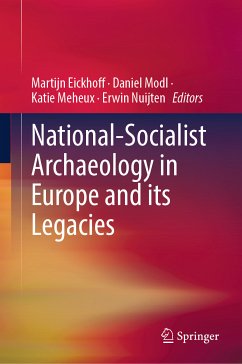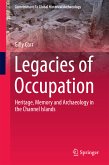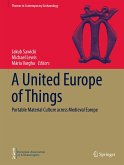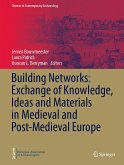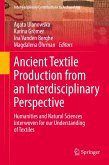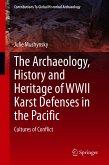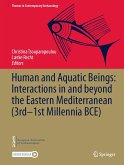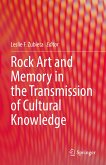This edited volume is dedicated to national-socialist archaeology as a Europe-wide phenomenon. It analyses national-socialist attempts to denationalize the archaeologies of European nations by creating a new unifying European archaeology on a racial basis.
From the beginning of the nineteenth century, archaeology began to develop into an important force behind processes of nation building. At the same time, structures of transnational academic collaboration contributed strongly to the internal dynamics of the research field, which was primarily organized on a national basis.
In those European countries that were confronted with national-socialist occupation and repression between 1939 and 1945, these transnational archaeological networks were to prove crucial for the development of national-socialist archaeological policies.
This volume will reveal how national-socialist archaeology was to an extent valued positively in its time as highly innovative, even influencing the archaeology of non-occupied countries. Although in the final instance, it generally failed to displace the national archaeologies in Europe, the volume also analyses the long-term impact of national-socialist rule on the development of European archaeology. How did the attempts to create a unified European archaeology after 1945 continue to influence networks, methods and terminologies, institutional structures, or popular representations of the early past?
Chapter "1" Is available open access under a Creative Commons Attribution 4.0 International License via Springerlink.
Dieser Download kann aus rechtlichen Gründen nur mit Rechnungsadresse in A, B, BG, CY, CZ, D, DK, EW, E, FIN, F, GR, HR, H, IRL, I, LT, L, LR, M, NL, PL, P, R, S, SLO, SK ausgeliefert werden.

